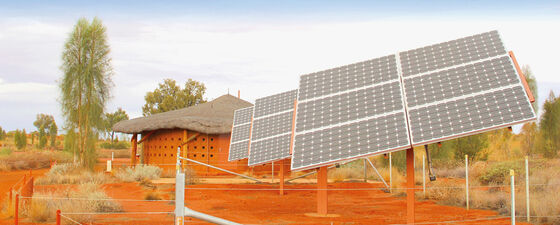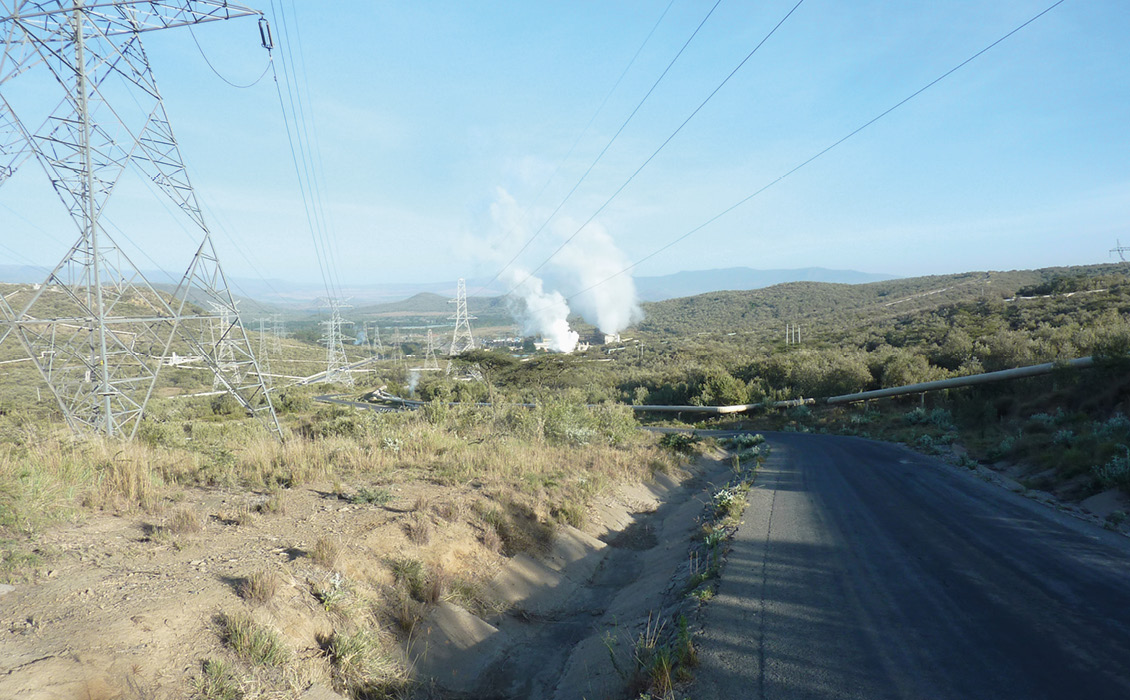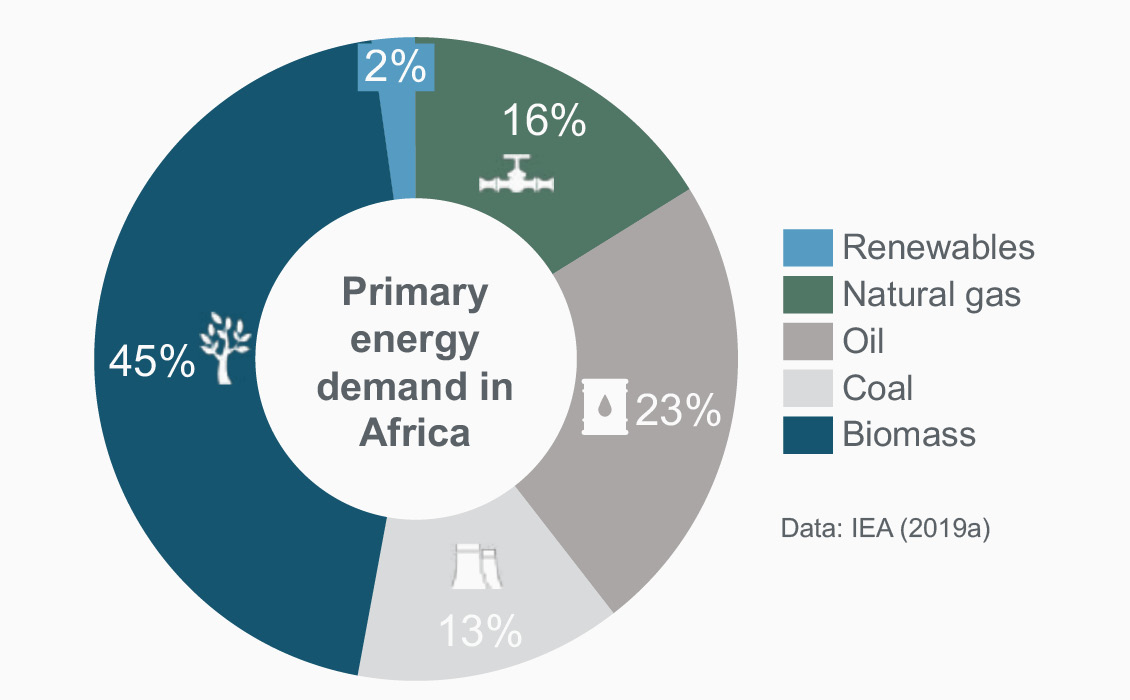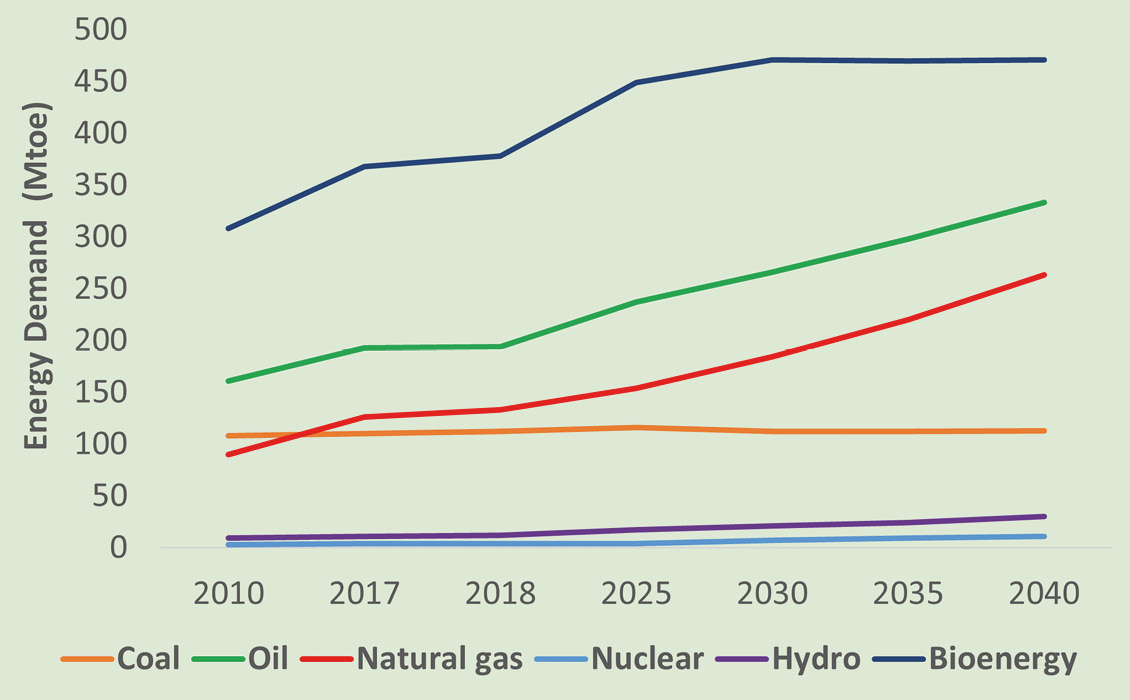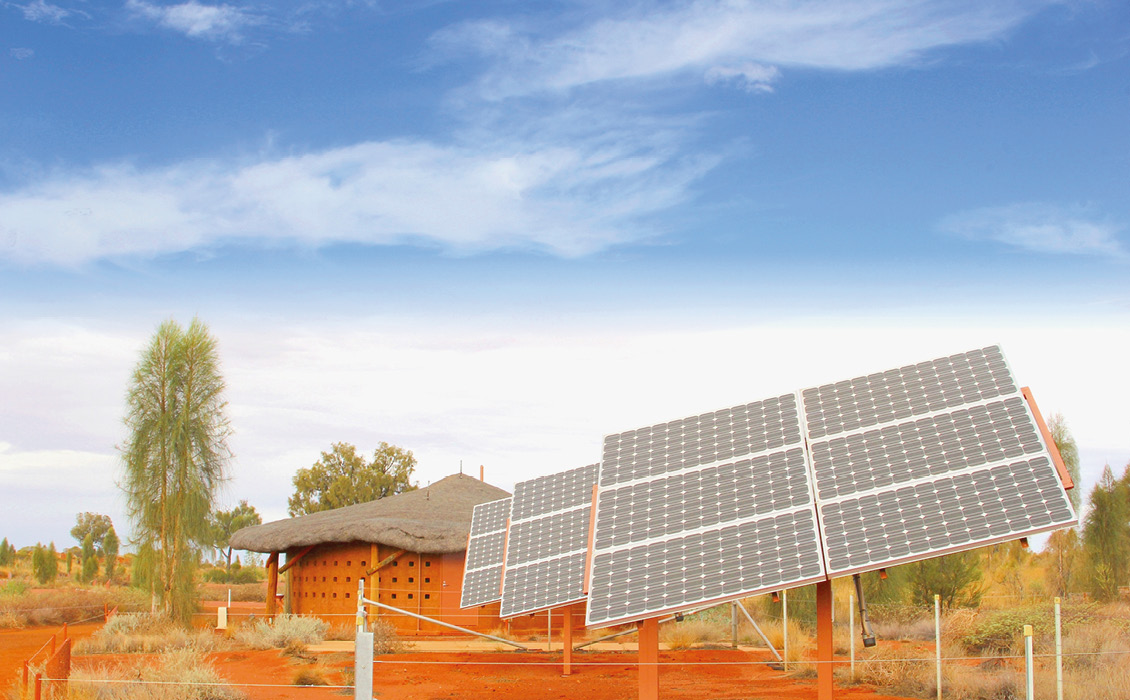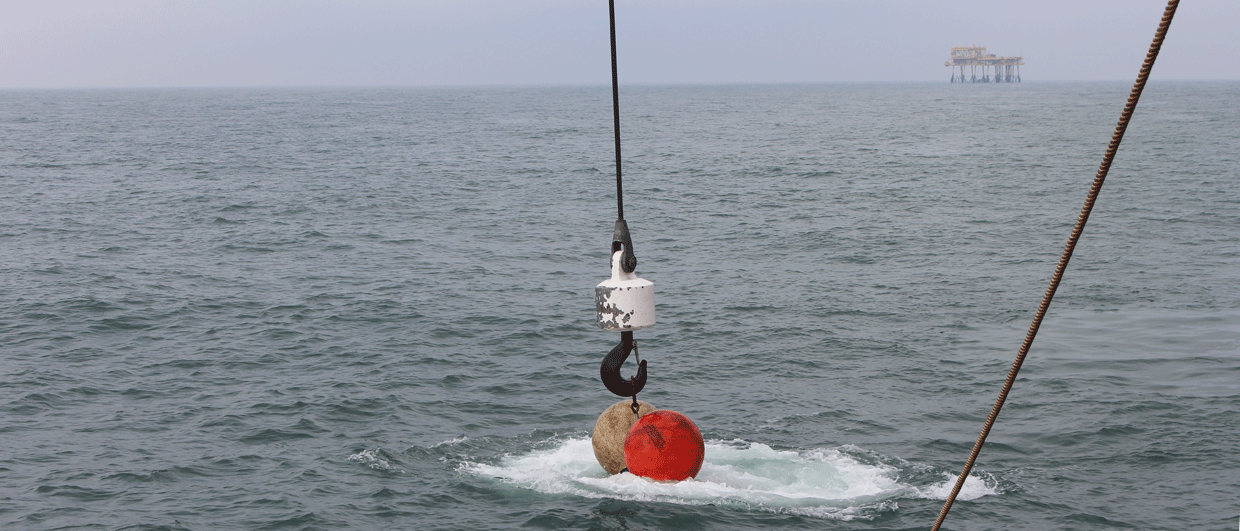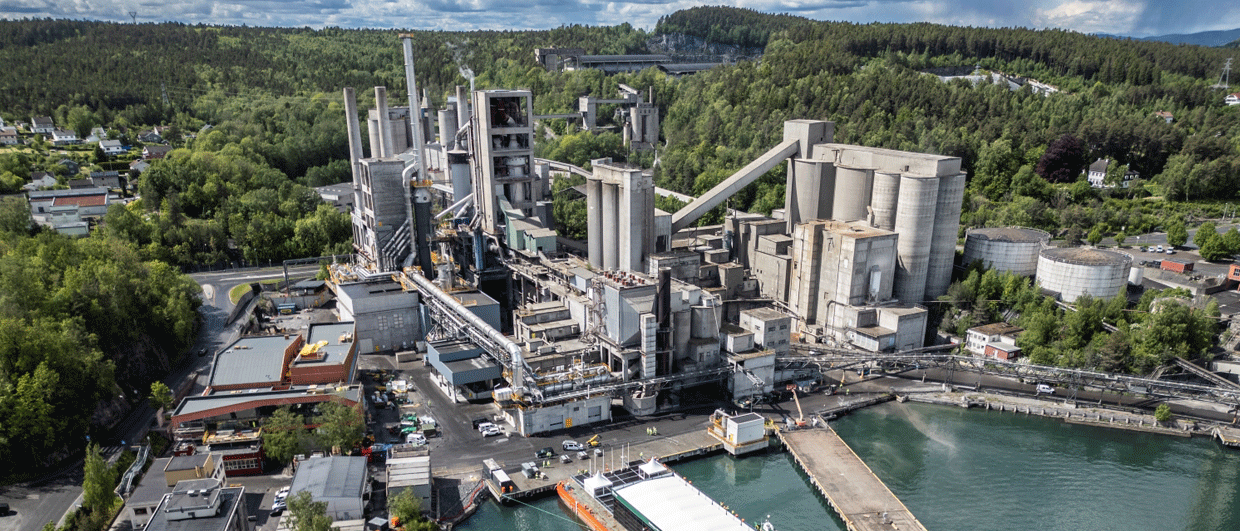About 43% of the African population have no access to electricity, and a staggering 80% rely on traditional biomass, mainly wood and charcoal, for cooking. Car ownership is low, at about 45 vehicles for every thousand inhabitants in Africa; the global average is 203. With population growth, increasing urbanisation and rising living standards, demand for both energy and transportation is set to grow dramatically, but can this be done without further investment in fossil fuels, as proposed by the International Energy Agency? Or are the nations of Africa, which together emitted 2% of the total global man-made CO2 emissions in 2019, being asked to pay for a problem which is not of their making and which is disproportionately affecting them?
Plentiful Potential
Africa possesses fantastic renewable resource potential, probably the best of any continent. Solar potential is almost limitless, with 80% of African land receiving more than 2 MWh/year/m2, while there are substantial opportunities for harnessing wind power, particularly in the coastal areas of northern, western and southern Africa. There are abundant hydro-power possibilities in central Africa, with the total theoretical potential of the continent standing at 1,500 TWh/y, about 90% of which is currently unexploited – although ongoing climate change poses a threat to that. Commercial biomass also has potential in central Africa, while geothermal energy is available in the Rift Valley corridor of east Africa, stretching from Mozambique to Djibouti. These renewable resources also offer opportunities for the development of green hydrogen, with applications in both the transport and industrial sectors, as well as for energy storage.
In 2018, about 20% of electricity generated in Africa was from renewable sources, up from just 5% in 2013. Solar energy, in particular, has shown encouraging growth in recent years, especially in Egypt, South Africa, Kenya, Namibia and Ghana, driven by dramatic reductions in cost, underpinned by technological innovations. The International Renewable Energy Agency (IRENA) claims that the costs for electricity from utility-scale solar photovoltaics fell 82% between 2010 and 2019, making it cheaper than the fossil fuel alternatives across Africa, so long as the right regulatory and policy frameworks are in place: an important caveat.
And, of course, Africa has considerable oil and gas resources, much of which has yet to be exploited. The big question is whether countries which have yet to produce petroleum, which for the most part are the poorer, less developed nations, could leapfrog that stage directly to generate their much-needed electricity through renewables, or whether fossil fuels will provide a quicker and more economic route to alleviating energy poverty while providing a bridge to a cleaner future?
Planning for a Greener Future
According to IRENA, many African countries have begun to develop policies that direct them towards a greener future. All 15 nations in West Africa, for example, have developed National Renewable Energy Action Plans, while some of the larger states, including Egypt, Ethiopia, Kenya, Morocco and South Africa, are accelerating their use of modern renewable energy.
Of course, Africa is large as well as geographically and socio-economically diverse and there are huge differences across it. While average per capita emissions throughout the continent are low, in 2017 just six countries – South Africa, Egypt, Algeria, Morocco, Libya and Nigeria – accounted for around 84% of Africa’s total CO2 emissions from electricity generation. Therefore, pathways to energy transition will show regional differences, with southern Africa, for example, needing to concentrate on reducing its heavy reliance on coal. Central Africa, where less than 5% of the population have access to electricity, and West Africa, where electricity demand is forecasted to grow by more than 250% by 2030, ways of increasing access through mini-grid or off-grid systems will be paramount. East Africa has good hydro and geothermal power potential, but will those be able to fulfil demand that is also expected to grow 250% by 2030. In contrast, countries in northern Africa, which already have near-universal access, are actively concentrating their efforts on transitioning power generation from oil to gas and renewables.
Ailing Infrastructure
One of the biggest impediments preventing increased access to electricity across Africa, both for domestic and industrial purposes, is an ailing and chronically underfunded infrastructure. According to the World Bank, utilities in only two nations in sub-Saharan Africa – Uganda and the Seychelles – were able to fully recover their operational and capital costs through customer payments in 2016. Improving infrastructure is hindered because most counties do not have access to the necessary capital, and also because they lose much potential revenue through theft, estimated bills and non-payments. In addition, the majority of the infrastructure was built decades ago and was never designed to transmit the demand now needed, let alone cope with two-way flows required to move power from sources such as solar rooftops back across the grid. These poor quality systems mean that access to energy is not the only problem – a reliable supply is just as much of an issue in many places, plus the age of the infrastructure in many countries means it is vulnerable to IT security breaches. It can therefore be seen that a huge investment in the power system is required throughout the continent before reliable energy access for all can happen.
Where will this investment come from? Many countries in Africa are heavily dependent on the revenues from the export of their oil and gas, but large investment banks and international funds are reducing the funds available for oil and gas projects, unless they are attached to net zero emissions targets. A number of large western oil companies are also divesting themselves of assets or reducing their commitments. China, however, is actively investing in both oil and gas and renewables projects, as well as in infrastructure, giving a disturbing amount of power to a single country; one that is not as committed as many others to mitigating climate change and is responsible for nearly 30% of global greenhouse gas emissions. A number of African countries have already had to hand over important assets to China when they found themselves unable to keep up with loan payments.
Could Gas Reduce Risk?
For Africa to abruptly transition out of fossil fuels is feasible, according to IRENA, although it admits it will be hugely expensive and require major investment in new technologies, including new off-grid renewable energy systems to allow affordable access. It will also require innovative financing methods such as local currency lending and results-based financing schemes, as well as new business models and, very importantly, improved regulatory frameworks which will need to be regional as well as national. Political will and regional cooperation are paramount.
There is risk in this approach, as failure to invest in all aspects of a renewable energy system, including infrastructure, while simultaneously stopping exploitation of fossil fuels could see many parts of Africa slide further into energy poverty; and energy insecurity leads to economic insecurity and geopolitical instability.
The alternative option is to continue investing in fossil fuels to enable countries that are not yet producers to build a new income stream as they develop their renewable energy sources, whilst allowing those that are already producers to use oil and gas revenues to fund a move into cleaner energy. Sonangol, the Angolan NOC, for example, has recently announced a restructuring that includes investing in new oil and gas projects, extracted with the least possible emissions, while also increasing investments in solar energy and the production of green hydrogen. Any further developments in fossil fuels would need to ensure that emissions from production are kept as low as possible, including a major reduction in flaring.
Gas is key in this scenario; the reserves potential in Africa (2019) was estimated to be as much as 558 Tcf. Even IRENA agrees that natural gas can play a role in supporting the expansion of variable intermittent renewable energy generation as a medium-term bridge technology, a point ignored by many of the organisations pushing for complete divestment from fossil fuels. The African Energy Council (AEC) strongly believes that such divestment is not practical; as its Chair, NJ Ayuk, points out: “Ending investment is not a transition.” Instead, it believes that African nations should take a slower path, using their fossil fuels to create jobs, economic diversification and develop and update their power distribution systems.
The AEC also believes that, rather than withdrawing from fossil fuel projects, western institutions should be helping African nations to create a local energy transition towards net zero using gas, while also investing in the technological developments needed to make the renewable sector work economically on a continentwide scale. With the withdrawal of western investment in fossil fuels, African countries like Mozambique, Tanzania and Senegal, which have plentiful identified gas reserves waiting to be produced, will either become further dependent on China or left relying on foreign aid, which is not a sustainable or satisfactory option for anyone.
Africa’s Dilemma
Africa is at a crossroads. Will the continent ditch fossil fuels completely and become the frontrunner in the global clean energy transition, developing new technologies and different ways for its people to access electricity using its plentiful renewable resources in a new, emissions-free environment? Or will African countries continue to extract their equally plentiful fossil fuels and pay primary attention to developing their own economies before transitioning to renewable energy sources?
The answer is probably a mixture of the two, as what works for one country will not work for another. Gas, at least, will remain in the mix for a number of years. However, it is important that Africans themselves make these decisions, supported by the rest of the world, and that they are not forced into a corner by directives from countries that have already enjoyed the benefits derived from exploiting fossil fuels – and which have thus caused the climate changes which are being felt disproportionately across Africa.

